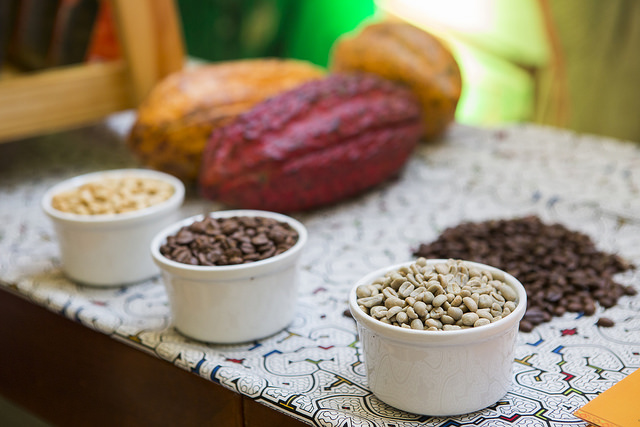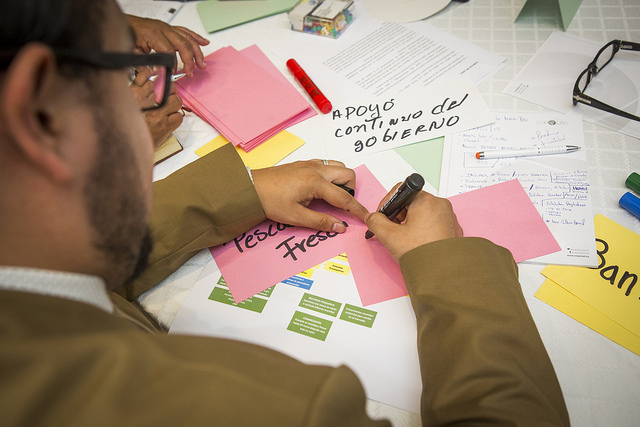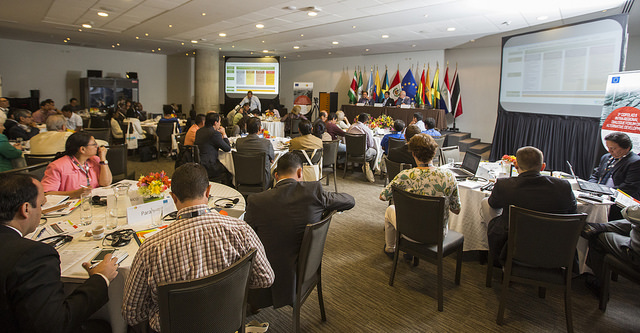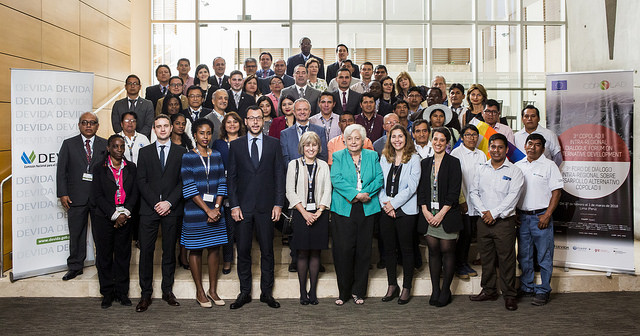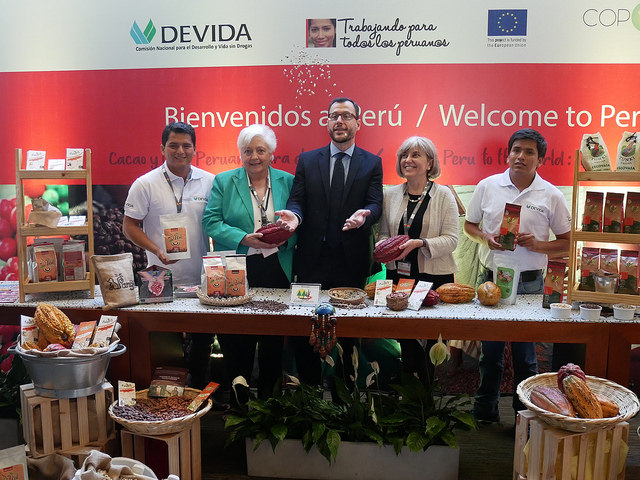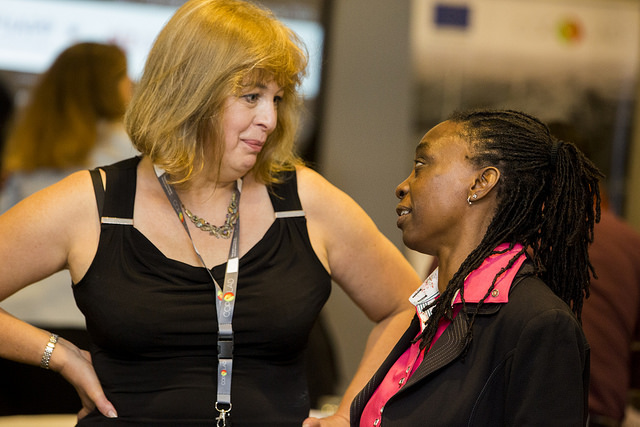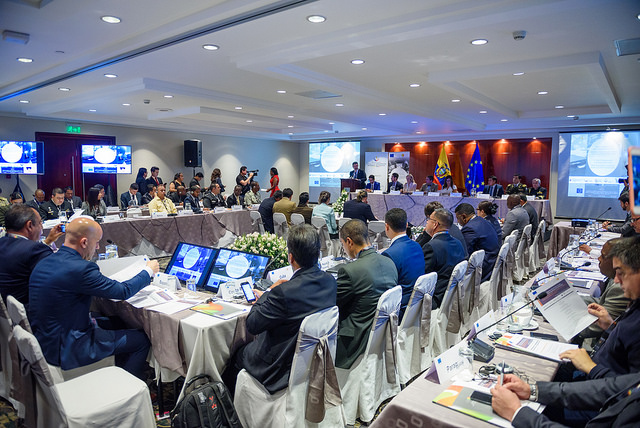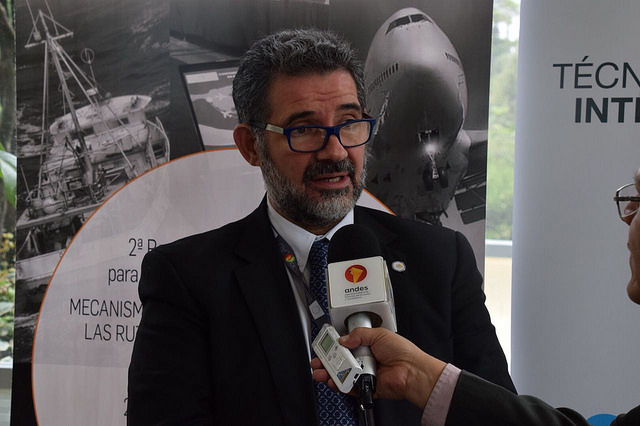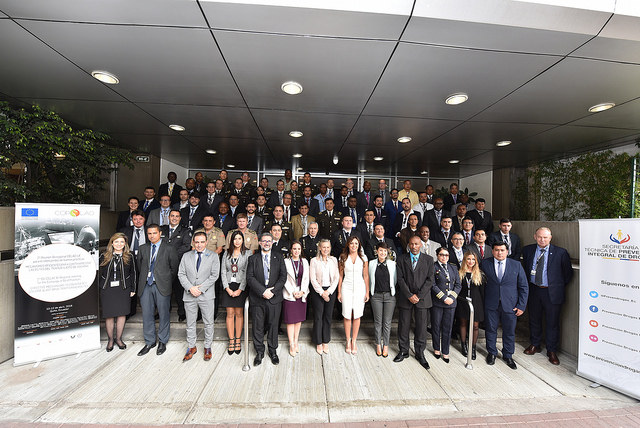COPOLAD continues to work in the field of Drug Supply Reduction (DSR), both, on the field of Alternative Development, as well as promoting the exchange of experiences, information and intelligence among countries in the CELAC and the EU, on the areas of chemical precursors diversion and on research to control the illicit drug trafficking routes.
Alternative Development (AD)
COPOLAD has 3 lines of work in the field of Alternative Development:
-
Intra-Regional Dialogue Forums, promoting the sharing of best practices and the exchange of information.
-
Horizontal learning and training workshops in the field of Alternative Development and value chains, providing training and specific technical accompaniment to countries in this important topic for products originated from AD.
-
Promotion of evidence-based policies and institutional strengthening, through the elaboration of a Study on institutional capacities in the field of AD in 3 CELAC countries.
Within this framework, the 3rd COPOLAD II Forum for Intra-Regional Dialogue on Alternative Development held in Lima (27 February- 1 March, 2018), helped countries take stock on all the activities developed so far by COPOLAD, whether during their participation in the Forums, in the Workshops, or as participating countries of the Study on institutional capacities. This Forum was the follow-up on the progress achieved in the countries since the first Forum in Bogota (December 2016) and the second Forum (Santa Cruz and Tropic of Cochabamba, November 2017), whose ultimate aim was to facilitate the integration of Alternative Development into the policies of the participating countries.
Ten CELAC countries participated (Bolivia, Colombia, Ecuador, Guatemala, Jamaica, Mexico, Paraguay, Peru, Suriname, Trinidad and Tobago), together with representatives of producer organizations, the International Drug Policy Consortium (IDPC), the Inter-American Drug Abuse Control Commission (CICAD), and the United Nations Office on Drug and Crime (UNODC).
The countries assessed their participation in COPOLAD's activities as highly positive. For several of them, it has been very useful in the design and launching of Alternative Development projects and has even contributed to the strengthening and creation of Alternative Development Directorates in the participating countries. All of them expressed their interest in continuing to work with COPOLAD in this area.
Supply Reduction
Ecuador hosted the 2nd COPOLAD II Bi-regional Meeting Between Latin America, The Caribbean and The European Union for the Exchange of Best Practices on "Efficient Mechanisms to Counteract the Routes of Illicit Cocaine Trafficking" in Quito (10-12 April). The goal of this meeting was to promote the exchange of experiences and good practices in the control of illicit drug trafficking. The activity was carried out under the leadership of the government of the Republic of Ecuador and the Intelligence Centre Against Terrorism and Organized Crime of Spain (CITCO) of the Ministry of the Interior (Spain).
During the meeting, information was shared on cocaine routes, both by sea and air, analysing and debating key aspects of police investigation methodology for cocaine trafficking control through both ways, where the role of international cooperation in the fight against this transnational criminal activity takes special relevance.
This international event gathered delegations from 34 countries from Europe, Latin America and the Caribbean, integrated by experts and specialists in anti-narcotics police units, military units and customs services, as well as representatives of the Inter-American Drug Abuse Control Commission (CICAD), the Community of Caribbean Countries (CARICOM), the United Nations Office on Drugs and Crime (UNODC) – Container Control Programme, and those responsible for other European Union projects, such as SEACOP and AIRCOP.
Chemical precursors diversion control
During the 2nd COPOLAD II Annual Week on Precursors, held in November 2017 in Brasilia, all countries were invited to participate in the two working groups to be formed in the field of precursors, reporting on the contents, methodology, and objectives of these groups.
This working methodology has been very satisfactorily received among the CELAC countries, who have shared with COPOLAD their formal interest in participating in them, thus establishing the following groups:
- Working Group (Working language: Spanish): Adaptation and translation of protocols and guides for precursors control. Formed by 8 countries in Latin America: Argentina, Colombia, Costa Rica, Chile, Ecuador, Peru, Uruguay and Venezuela.
- Working Group ((Working language: English): Promotion of legislation in the area of precursors control. Formed by five Caribbean countries: Antigua and Barbuda, Barbados, Belize, Dominica and Trinidad and Tobago.
Currently, both groups are initiating their work, whose progress will be shared with the rest of the CELAC and EU countries during the 3rd Annual Week on Precursors, scheduled for the second semester of 2018.


